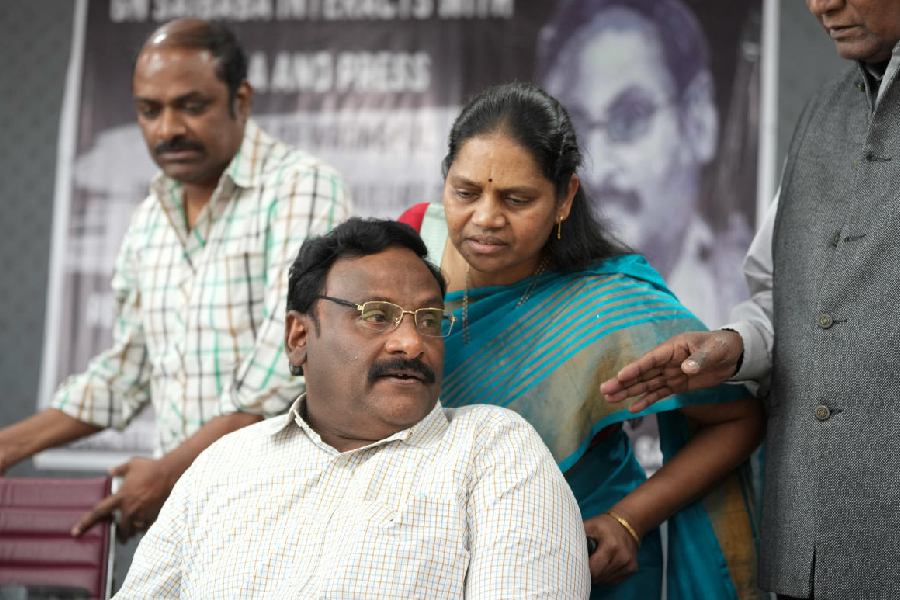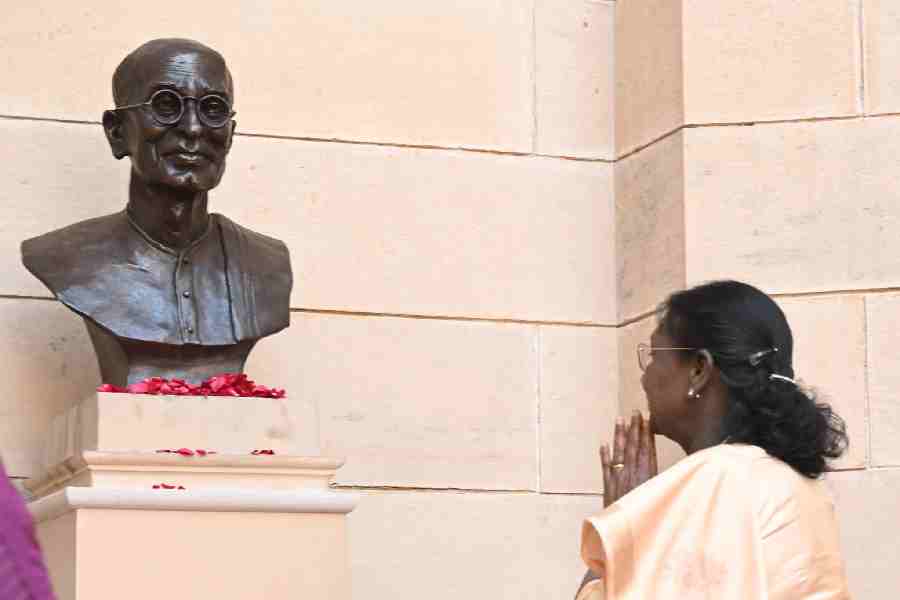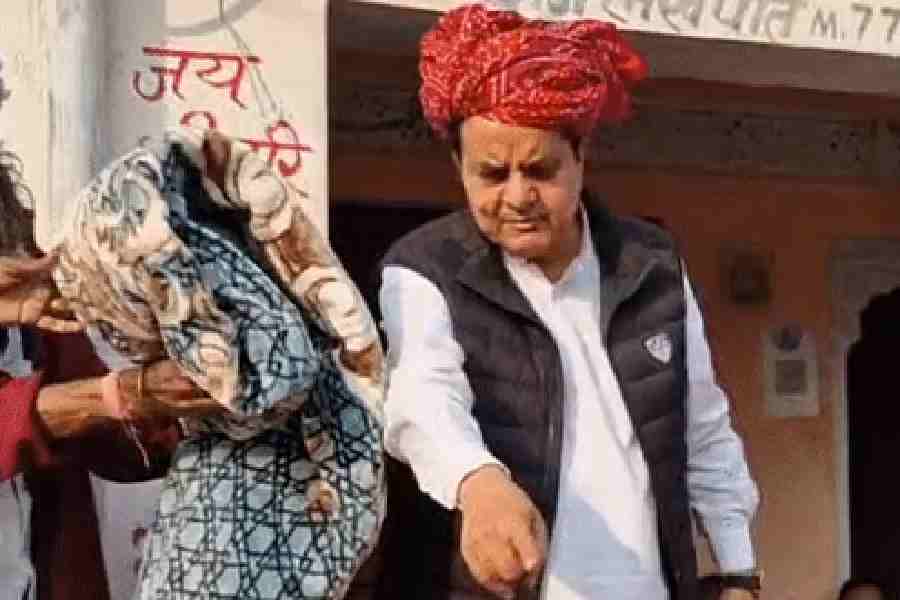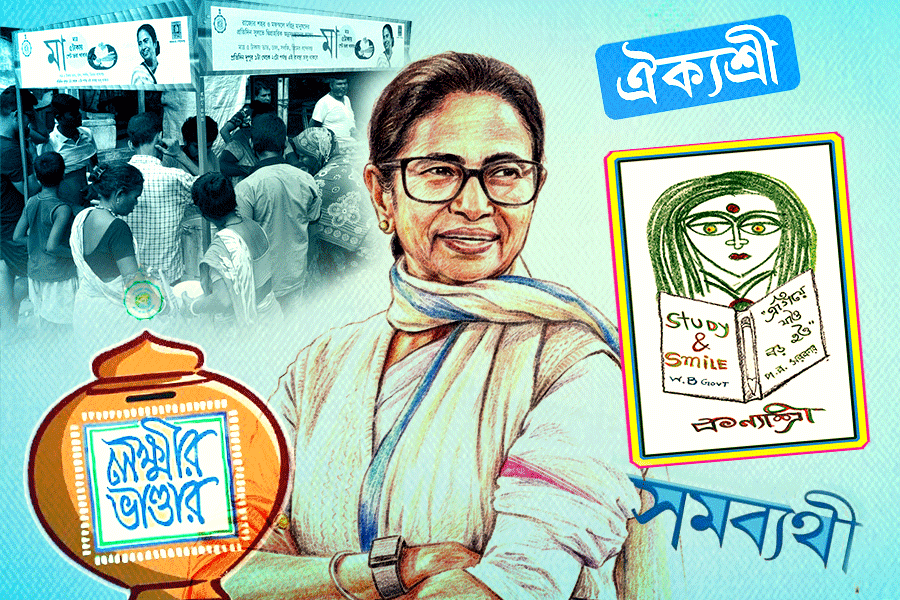Recently acquitted academic G.N. Saibaba and former Jawaharlal Nehru University student Hem Mishra told reporters here on Friday of their “trial by fire” and struggle to survive in Maharashtra’s jails.
Saibaba, paralysed below the waist since childhood, endured eight-and-a-half years in Nagpur prison following his initial arrest in 2014, while Mishra faced incarceration since 2013. Both received life sentences in 2017 alongside three others for alleged affiliations with the banned CPI (Maoist).
During a media conference at H.K.S. Surjeet Bhavan, Saibaba and his wife A.S. Vasantha struggled to contain their emotions as he recounted his hunger strikes for medicines, his physical immobility and the heartache of being denied the chance to see his mother before her death.
“Today after seven years, where I am, I am not unable to understand. I am not able to understand because I still feel that I am there in the notorious anda cell (a high-security egg-shaped barrack for dangerous convicts)…. I am not able to adjust to the surroundings. I only looked at the walls, closed walls, for all the seven-eight years," he said.
Saibaba and his co-accused were acquitted by Bombay High Court's Nagpur Bench in 2022. However, the Supreme Court returned the case to the high court for reconsideration.
“There was no relief even after the higher judiciary acquitted me. It was like the agnipariskha Sita faced. I had to go through it twice…. Unfortunately, it was not only a test of fire for the accused, it was an agnipariksha for the highest judiciary. One judgment of the higher judiciary acquitting us was not enough. The only institution that is left, that can be relied on for democracy by the people — the judiciary — is also being tested now.”
While in jail, said Saibaba, he was diagnosed with heart disease, kidney stones, pancreatitis, cysts in his brain and kidneys, and also began falling unconscious. He said the jail officials did not allow him to take the required tests for his heart and other conditions, nor could he get surgery on his left arm to stop shooting pains.
"On May 9, 2014, when I was arrested, police dragged me by my left hand," recounted Saibaba. "That hand has remained swollen for a decade now. For nine arduous months, I endured the trial without any treatment for my hand. When finally taken to a hospital, I heard that it was too late," he said. "The doctor informed me that he couldn't revive my nervous and muscle system."
Saibaba thanked the media and his lawyers, including Surendra Gadling, now in jail under trial in the Elgaar Parishad case.
“He also has started falling unconscious like me. Recently, medicines were denied to him. Life-saving drugs prescribed by a government hospital have been denied,” he said.
“There was no accessibility within the anda cell of a wheelchair which could not go to the toilet. There was no separate toilet. One hole was there… Two adivasi boys, first Pandu Narote and then others, carried me to the toilet every time and bathed me also,” the professor said.
Recalling Narote’s death, Saibaba said: “Despite many reminders, he was not taken to hospital till the last moment when he was bleeding profusely from his eyes and through his urine. About to die in a few minutes, he was taken to hospital after other prisoners raised their voice.”
“My mother passed away while I was in prison,” he said, tearing up. “She carried me to school as I was disabled but she wanted me to get a good education. When she died, I was not allowed to see her. I was denied parole and even permission to attend the funeral. Post-funeral performing rites, I was denied. Who is denied these kinds of rights?" Saibaba said.










